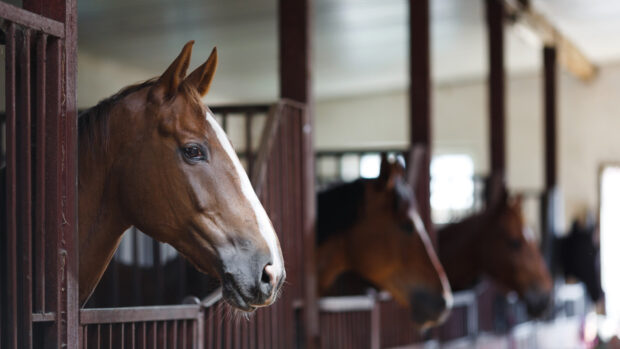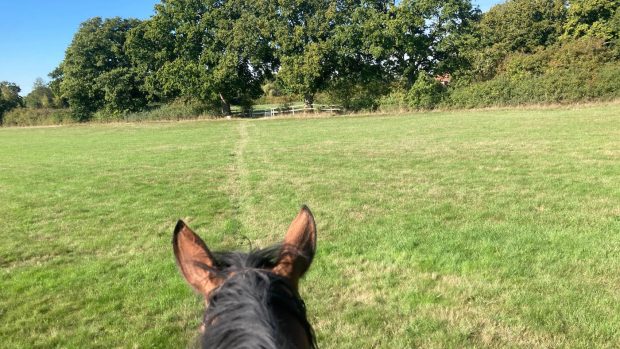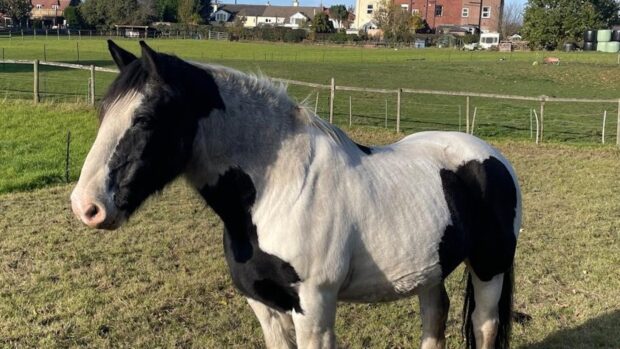“Don’t be afraid to ask for help” was the take-home message from equine internal medicine specialist Dr Wendy Talbot at the British Horse Society’s (BHS) welfare conference this week (20-21 September).
Parasite resistance and ongoing research into horse worms mean advice around deworming has changed a lot in recent years.
“I think something that is quite misunderstood is how serious this problem can be and how tricky it can be to sort out the right worming control programme for your horse,” said Dr Talbot.
“You certainly should not be afraid to ask what the most up-to-date advice is.”
During her presentation, Dr Talbot showed what can happen to any horse who is left with severe untreated worm burdens — or when parasites are treated too late.
This includes colic, weight loss and in severe cases, a ruptured gut and ultimately death.
Larval cyathostominosis, the emergence of encysted small redworm en masse from the gut lining, is fatal in 50% of cases.
Faecal worm egg counts cannot give an indication of whether a horse is suffering from encysted small redworm, so horses need to be treated for this in late autumn or early winter regardless. The presence of tapeworm also cannot be detected in faecal egg counts, although vets do offer blood and saliva tests.
Dr Talbot stressed pasture management as the “most important” preventative measure in avoiding horses building up major worm burdens.
“Get out there and pick up the droppings, ideally every day, but if not, twice weekly will still help,” she said.
Article continues below…
You might also be interested in:
Taking risks with yard safety can have disastrous consequences, as Andrea Oakes discovers
Rick Farr of Farr & Pursey Equine Vets shares his expert advice on infected joints in horses, how they can
As much as we look forward to the long evenings and warmer weather, summer can have its downsides too —

When yard accidents turn deadly *H&H VIP*

‘Infected joints — how should they be treated and does it mean the end?’

‘You can never relax about laminitis — it’s always there’: managing the condition
Top tips:
- Ask your vet or a suitably qualified person for help in preparing a worming plan for each horse — advice has changed in recent years
- Remove droppings from your fields
- Carry out egg counts every two to three months — this will help with targeted worming
- Keep a log of what wormers you have used over the past few years to avoid using the same drug time after time, where possible
- Don’t forget egg counts cannot give an indication of encysted small redworm. Horses need treating for this in late-autumn/early winter
Don’t miss next week’s issue of Horse & Hound — out Thursday, 28 September — for a full report from the BHS welfare conference





